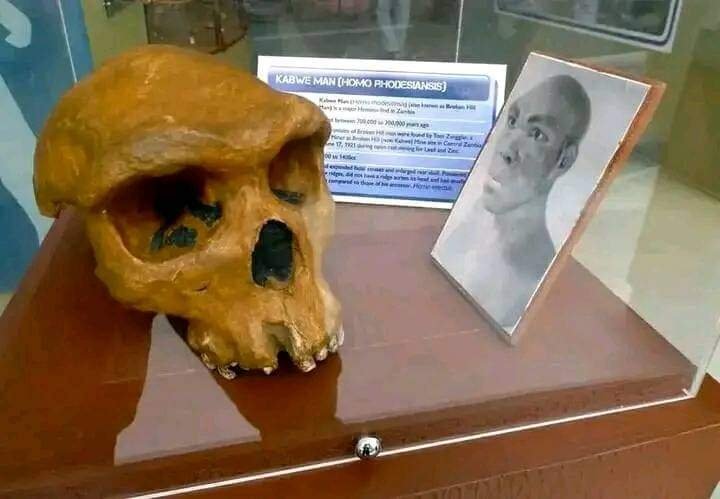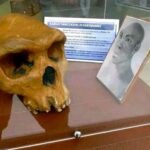In a landmark decision, the United Nations Educational, Scientific and Cultural Organization (UNESCO) has ruled in favor of Zambia’s claim to the Broken Hill Man skull. The resolution, passed during the 24th session of the Intergovernmental Committee for Promoting the Return of Cultural Property (ICPRCP) held in Paris this 29th May 2024, marks a significant victory for Zambia after over five decades of negotiations.
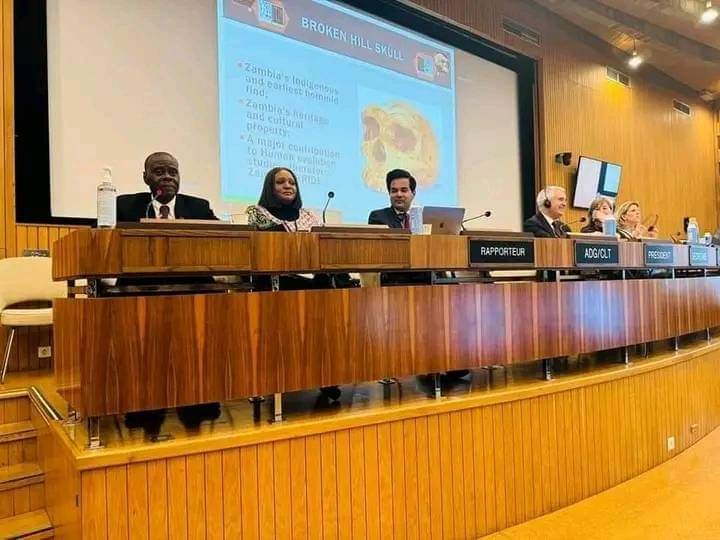
The Broken Hill Man skull, estimated to be around 700,000 years old, is a crucial piece of human history. Unearthed in what is now Zambia in 1921, it represents one of the earliest and most complete early human crania ever discovered. However, the skull was subsequently taken out of the country and has been held by the UK since then.
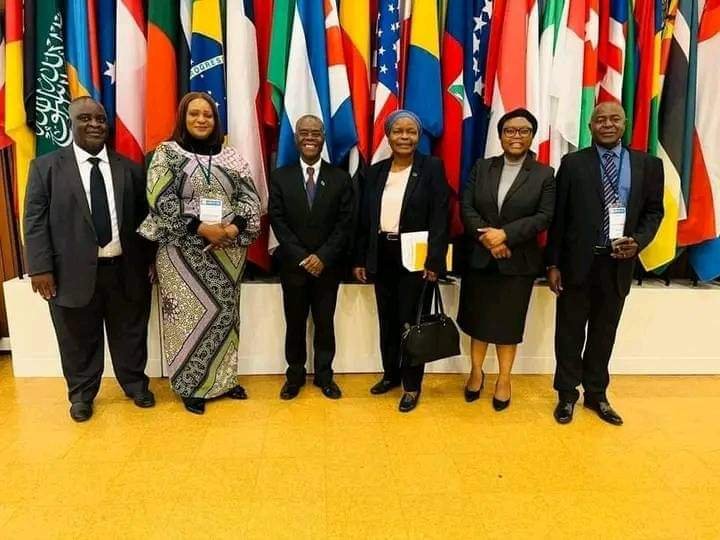
Zambia has long argued for the repatriation of the skull, citing its immense cultural and spiritual significance. During the ICPRCP meeting, Zambia’s representatives emphasized the ancestral importance of the Broken Hill Man skull, highlighting its connection to the nation’s heritage and identity. Ambassador Lazarous Kapambwe, Zambia’s Special Envoy to the President and Chief Negotiator, reportedly stressed the need to honor the customs and spiritual beliefs of the Zambian people by returning the skull.
While the UK presented a counterproposal, it did not include provisions for the skull’s return. UNESCO’s resolution, however, paves the way for the return. The committee mandated that Zambia and the UK develop a roadmap for the skull’s repatriation, to be presented at the 25th session.
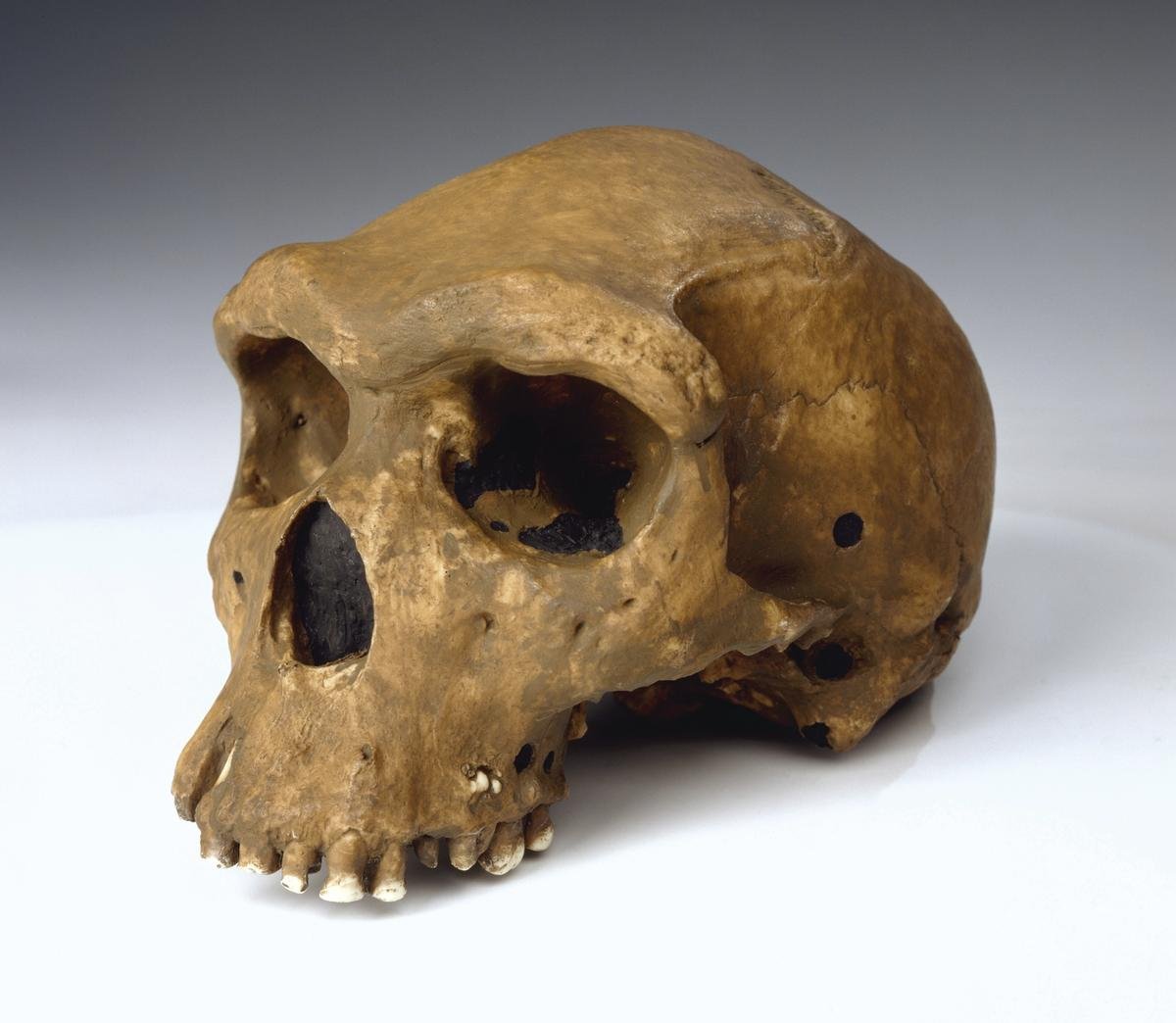
This decision is a major win for Zambia and sets a precedent for future cultural property disputes. The return of the Broken Hill Man skull holds immense value for Zambia, not only as a scientific specimen but also as a powerful symbol of its cultural heritage.

